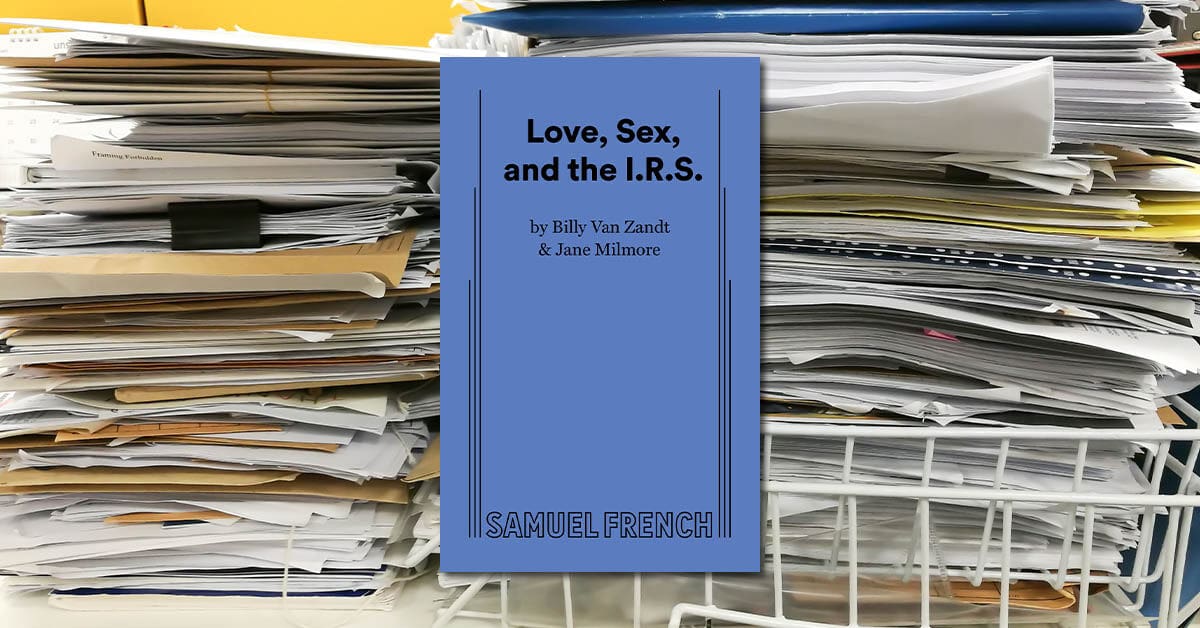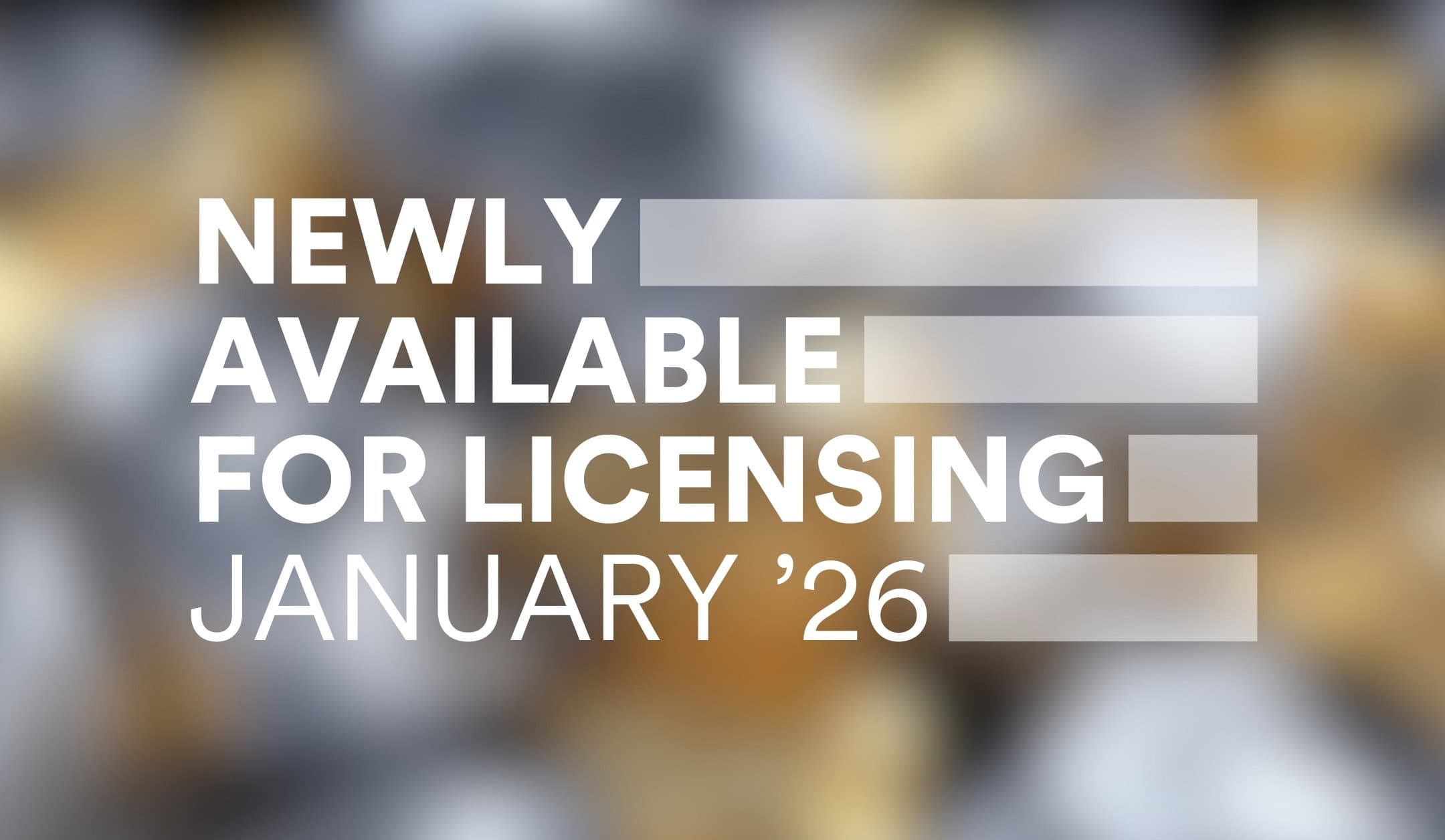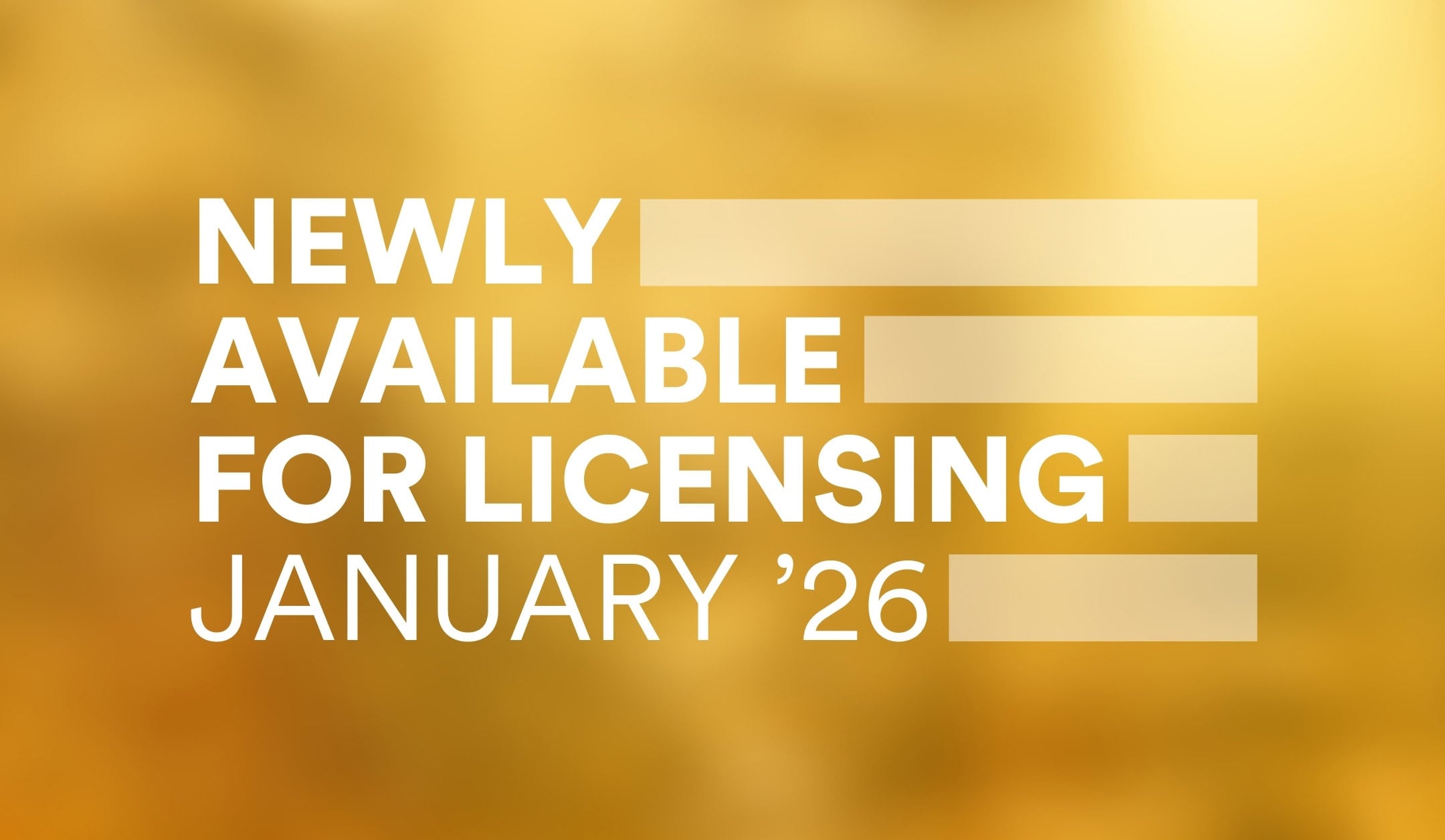
Sit back, relax and get ready to laugh out loud… Love, Sex, and the I.R.S. is celebrating its 45th anniversary! Having premiered in 1979, this classic comedy still holds up, ranking high with audiences and creatives alike.
Co-authors Billy Van Zandt and the late Jane Milmore crafted a hilarious story about paying taxes, getting audited, mistaken identity, romance and a surprise visit from Mom. Centered on subjects that many audiences can relate to, the madcap, chaotic comedy remains a huge hit worldwide.
We caught up with Van Zandt to discuss the play as it celebrates 45 years of success.
How did the idea for Love, Sex and the I.R.S. first come to you and your collaborator, Jane Milmore?
Love, Sex, and the IRS came about because we were actors who wanted something to act in. Despite some nice major motion pictures I’d been lucky to co-star in, auditions were few and far between at the time, so we created roles for ourselves. Then I came up with various bits of slapstick I wanted to do onstage. Then we strung a plot through it all and out came Love, Sex, and the I.R.S.
This was at the height of dinner-theatre. If there was a show where a guy wound up in drag or wearing boxer shorts, or there were lots of slamming doors and mistaken identities, we had performed in it. So we wrote along those lines. Innocent. Broad. Naughty, but never dirty.
You and Jane nailed so many funny moments in this play. What was your collaboration like?
In general, when we’d write, we would talk out the show, then I would write the first draft, then Jane would take my draft and rewrite it. Then I’d put back most of the stuff she cut out. Then we’d fight. Then I’d do another draft. This would go back and forth a couple dozen times, until we settled on a first draft. Then we’d work on the scenes together. Out loud. Tweaking every line and reading the show as each character until we were satisfied it all worked. Then I’d type up the final draft, sneaking back in a few things Jane still hadn’t realized were funny – and the show was done.
The audience told us the rest.
“Our cast and crew had a wonderful time working on this production. At Lionheart, our audiences love comedies, so this one was a great fit for our patrons. They loved it. We had a nearly sold-out run!” – Brandi Kilgoe, Director, The Lionheart Theatre Company in Norcross, GA
The plot of Love, Sex, and the I.R.S. contains many twists and turns. How did you plot it all out?
This was our first play and so everything was structured. In our early shows we’d start with the characters and the physical gags, and the plots would come second. Not the way I’d recommend anyone write a play. But back then we were just actors who wrote.
How did the show change as you worked on it?
Structurally, nothing changed from the first draft to the published version. When you set up a good farce you have to work it out so everything pays off, so we didn’t stray from that original structure at all. Lines would change, of course, if a joke bombed, or in Emi Hemleb’s case (she played the mother role), she asked to trim words out of some of her lines so the lines hit harder. She was absolutely right and made the dialogue sharper each time. And if a physical gag worked in rehearsal, it would usually turn into something else – like a longer bit or end with a better joke.
“It’s funny. No message. Just old-school, broad, slapstick farce.” – Billy Van Zandt, co-author
Who is your favorite character in the play and why?
You would think it would be Leslie, because that’s the part I played – and the show is written expressly for Leslie to steal every scene he’s in. But as much as I enjoy seeing the role played by some great comedians, through the years I’ve come to enjoy what actors do with the Floyd Spinner IRS agent role and Vivian, the mother character, more. They’re always played differently. And luckily, the various choices always seem to work.
With today’s social climate in mind, how are modern-day audiences receiving the play?
People still love it. There’s an innocence about it, so I don’t think there’s anything to criticize. Leslie is simply pretending to be someone he’s not. No one’s mocking anyone.
The only difference with the show from when it was first performed is that now it’s a ’70s period piece. It wasn’t when we wrote it. It just was the ’70s. But now it’s the only way to do the show. If you modernize most comedies from back then, they won’t work. Just the existence of a cell phone would kill a lot of great comedy plot points in those shows.
“Older audiences (our main demographic) will appreciate the period throwback on which much of the comedy depends.” – Jennifer Love Doherty, Southeast Alabama Community Theatre (SEACT)
“We were surprised that our teenage audience received it so well – in fact, we had one teen who brought friends back to see multiple performances.” – Brandi Kilgoe, Director, The Lionheart Theatre Company in Norcross, GA
What aspect(s) of the show do you hope will inspire directors?
It’s become a classic (they say) for a reason. It’s funny. No message. Just old school broad slapstick farce. And it always sells out. A good title helps.
Whose comedic works would you say have influenced your efforts as a playwright?
When we wrote this show in 1979, my idols at the time were Neil Simon, for dialogue; Madelyn Davis, Bob Carroll Jr., Bob Schiller, and Bob Weiskopf (I Love Lucy writers), Ray Cooney, and Georges Feydeau, for structuring farce; Woody Allen for jokes; Buster Keaton, Stan Laurel, Jerry Lewis (yes, Jerry Lewis), the Three Stooges, and the Marx Brothers for timing out the gags. In Love, Sex, and the I.R.S., especially, you can easily see us stealing from every one of them… I mean performing homages to all of them.
“These two people are a riot! Direct descendants of the Masters of the Madcap – Groucho and Lucy and even The Stooges – Billy and Jane brought farce to theatre comedy in a way no others of their generation dared.” – Robert Strauss, The New York Times
Why do you think your plays are so immensely popular with community theatres?
They’re fun. Fun to perform, and fun to see. Someone called our shows ‘theatre for people who don’t usually go to the theatre.’ Our shows are there to make you laugh. Forget your troubles and what’s going on the world and just laugh. They’re all crazy farces. We’ve been very lucky. If a theatre does one of our shows they usually come back and do four or five more.
What do you hope an audience will take away from Love, Sex, and the I.R.S.?
A sore stomach from laughing.
For information about licensing Love, Sex, and the I.R.S., visit the Concord Theatricals website in the US.

Newly Available for Licensing – January 2026 (UK)

Newly Available for Licensing – January 2026 (US)

